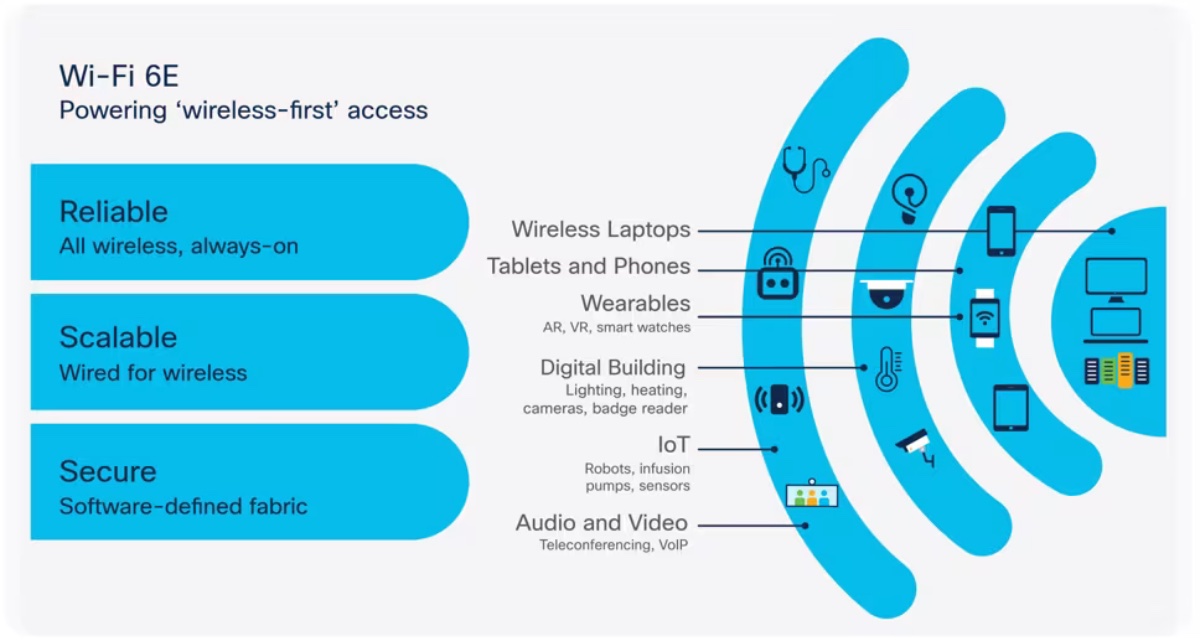The FCC unanimously approved plans by several tech companies to use the 6GHz band for wireless devices such as the Apple Vision Pro on the same day it voted to move forward with restoring net neutrality rules, reports The Verge.
The upcoming US$3,499 (and higher) Spatial Computer is due in early 2024. However, it apparently will only be available in limited quantities at first.
The 6Hz spectrum would make it easier for a Vision Pro to connect and operate with an iPhone or another accessory. It would also make things more smoothly when using a CarPlay system with Apple’s smartphone
6GHz WiFi is essentially an optimized network where devices can transmit data faster than ever. The 6GHz band is new and much larger than existing 2.4GHz and 5GHz bands. The 6GHz band is also exclusive to WiFi devices with 6GHz capabilities.
According to Intel, Wi-Fi 6E is “the next step in Wi-Fi evolution [that] will enhance wireless performance by opening up new, exclusive channels never before available for unlicensed Wi-Fi use.” Intel says the last three generations of wireless technology have used two signal bands: 2.4 GHz and 5 GHz. As more devices and networks have been added, both bands have become crowded with traffic and interference.
FCC Chair Jessica Rosenworcel proposed the new rules, which would authorize very low power (VLP) operations — meaning their signals won’t be able to go very far — in about 850MHz of the spectrum, on September 27th. The rules will also allow devices to “use higher power levels” so long as they’re geofenced to keep from interfering with actual licensed 6GHz usage, and the FCC will be taking comments on other ways it can expand 6GHz spectrum usage by technology devices.
Several tech companies, including Apple, Microsoft, Google, and Meta, petitioned the FCC to let them access the 6GHz band in 2019. The decision could benefit some of the more difficult projects those companies have been working on, such as augmented realty glasses, notes The Verge.
Article provided with permission from AppleWorld.Today




